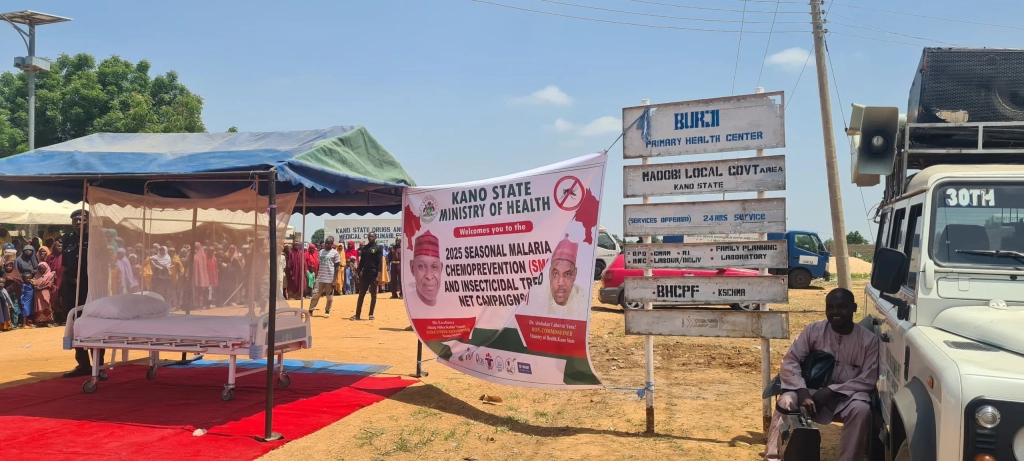The United Nations Children’s Fund (UNICEF) has urged Kano State in northern Nigeria to prioritize expanding its healthcare workforce, particularly in rural regions, to guarantee 24/7 access to critical medical care. The call comes amid efforts to address systemic challenges in maternal and child health, including alarming malnutrition rates affecting over half of the state’s children.
Rahama Farah, UNICEF’s Chief of Field Operations in Kano, emphasized the need during the launch of the 2025 Maternal and Newborn Child Health Week (MNCHW) in Madobi Local Government Area. While praising the state’s investments in health, nutrition, and sanitation, Farah stressed that staffing shortages remain a barrier to round-the-clock services in remote communities. “Kano has shown leadership, but scaling up healthcare capacity is essential to reach underserved populations,” he stated.
With a population exceeding 17 million—including 3.5 million children under five and 900,000 pregnant women—Kano’s health outcomes significantly influence national indicators. The twice-yearly MNCHW initiative delivers vitamin A supplements, deworming treatments, malaria prevention tools, and vaccines to children, alongside prenatal micronutrient support for mothers. Farah linked these efforts to combating malnutrition, noting that 51.9% of Kano’s children suffer from stunted growth, while over 10% are severely underweight.
UNICEF has supplied 2.6 million vitamin A doses and 500,000 maternal nutrition packets for the current campaign. However, Farah urged further action: increased 2025 health and nutrition budgets, expanded maternity leave policies to encourage breastfeeding, and timely procurement of deworming medications for children aged 1–5.
In response, Kano Deputy Governor Aminu Gwarzo outlined state measures, including immunizations, mosquito net distributions, and birth registration drives across 44 local councils. A ₦140 million ($111,000) allocation will support malaria chemoprevention and insecticide-treated nets, while 6,000 childbirth kits and monthly antenatal drug supplies aim to reduce maternal anemia and malaria. “These interventions are critical to safeguarding mothers and children,” Gwarzo affirmed.
The partnership between UNICEF and Kano reflects a broader push to align resource allocation with health targets, though persistent workforce gaps underscore the urgency of sustained investment. As one of Nigeria’s most populous states, Kano’s progress—or setbacks—will inevitably shape regional and national health trajectories.
